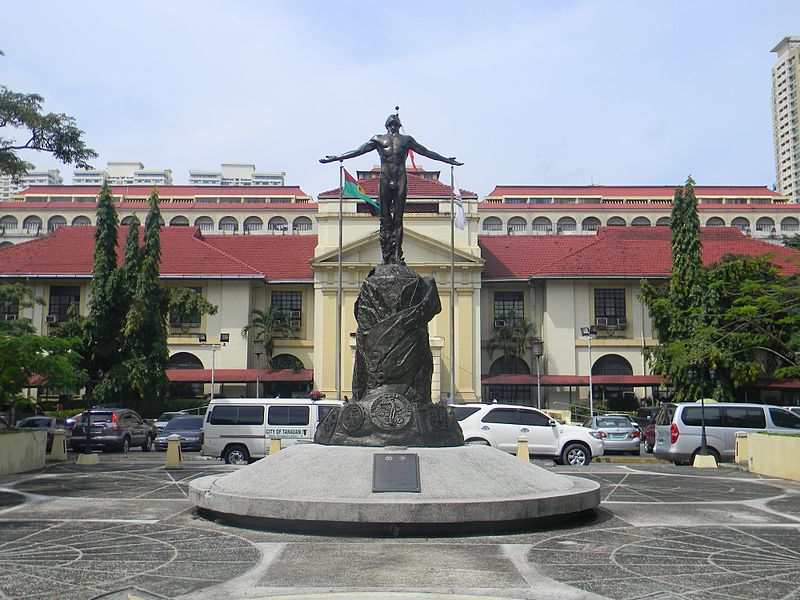
MANILA— The Philippine General Hospital (PGH) is offering to conduct medical autopsies on children whose death are being linked to Dengvaxia, as part of its ongoing investigation of the dengue vaccine controversy.
In a press briefing on Friday at the Department of Health (DOH), Dr. Maria Cecilia Lim, a forensic pathologist who was part of the 10-man experts’ team formed to conduct a review of the cases, said the PGH medical experts were offering to do the autopsies for free.
“The PGH is offering the expertise of its staff for free for Dengvaxia autopsy,” Dr. Lim said, as she emphasized that only forensic pathologists knew how to do medical autopsies because doing medical autopsies was10 times more difficult than forensic autopsies.
She said that if the parents of the deceased patients did not want or were unable to go to the University of the Philippines-run PGH, the Philippine Society of Pathologists’ independent team was willing to pitch in.
“If you feel that you don’t want the services of the PGH, the PSP is also willing to help the public with these investigations and medical autopsies,” she added.
Lim was among the 10-man experts’ panel, who had reviewed and came up with initial findings on the 14 cases of children who died after receiving the Dengvaxia vaccine.
Based on their report, of the 14 children, only three died of dengue shock syndrome, with two cases being attributed to a possible vaccine failure.
The rest of the cases could not be attributed to Dengvaxia, the initial report said, since some of the cases presented showed pre-existing health conditions and had developed illnesses, which could not be directly linked to the administration of the vaccine. The deaths, the report added, could just be coincidental and available data at that time could be insufficient to arrive at a definite conclusion.
The investigation of the PGH was a review of the medical records of the children, in cooperation with the Department of Health
With the disclosure of the findings, the experts’ panel recommended further investigation on the cases of the three children, who died of dengue shock syndrome, including tissue evaluation using the polymerase chain reaction (PCR) test.
About those who had co-morbidities, the experts also recommended the conduct of a medical autopsy to determine the nature of their illnesses and further find out other possible reasons for their deaths.
“The reason for performing autopsies on these patients is to determine the cause of death, and if it’s possible that the vaccine played any role in the deaths of these children,” Lim explained.
Meanwhile, she expressed concern also over the Public Attorneys’ Office’s (PAO) conduct of forensic examinations on some children who died after receiving Dengvaxia. Lim said the PGH experts were not updated on the PAO’s investigations.
“We haven’t had a chance to look at their findings because these weren’t shared with us,” she lamented.